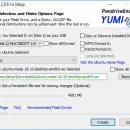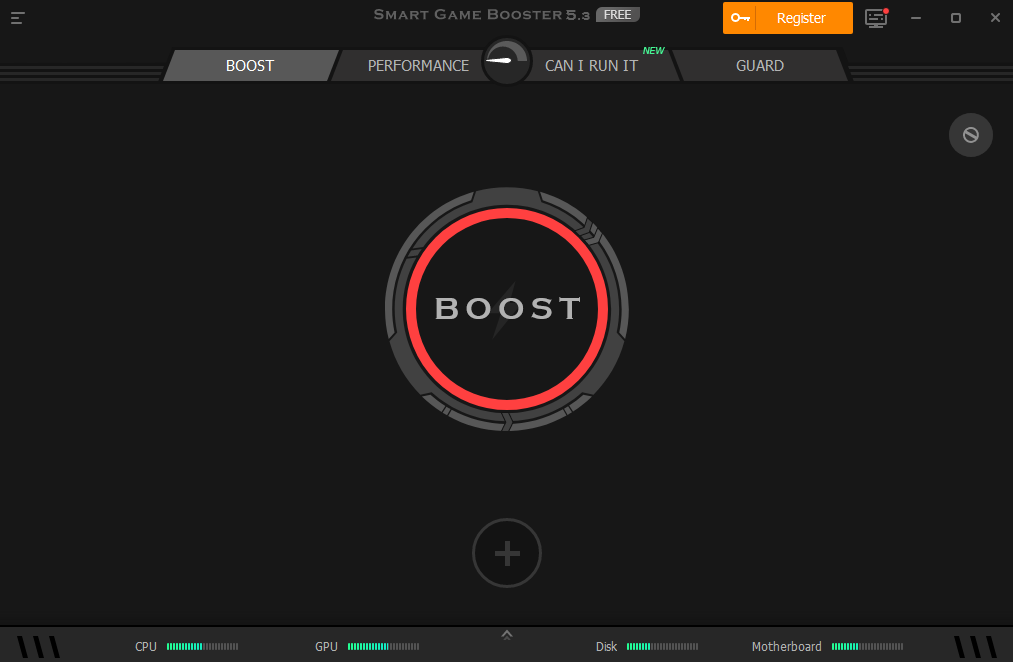YUMI 2.0.9.4 Legacy
YUMI, developed by Pen Drive Linux, is a versatile Multiboot USB creator designed for Windows. It allows users to effortlessly create a bootable USB drive with multiple operating systems, antivirus tools, and other utilities. YUMI stands out for its intuitive interface, robust performance, and extensive compatibility with various ISO files. Ideal for tech enthusiasts and IT professionals, it simplifies the process of managing and deploying multiple bootable environments from a single USB stick. ...
| Author | Pen Drive Linux |
| License | Open Source |
| Price | FREE |
| Released | 2025-04-03 |
| Downloads | 1191 |
| Filesize | 1.60 MB |
| Requirements | |
| Installation | Instal And Uninstall |
| Keywords | YUMI, Multiboot Installer, Bootable USB Drive, Create Boot USB, USB, Boot, Linux, Installer |
| Users' rating (29 rating) |
Using YUMI Free Download crack, warez, password, serial numbers, torrent, keygen, registration codes,
key generators is illegal and your business could subject you to lawsuits and leave your operating systems without patches.
We do not host any torrent files or links of YUMI on rapidshare.com, depositfiles.com, megaupload.com etc.
All YUMI download links are direct YUMI full download from publisher site or their selected mirrors.
Avoid: syslinux oem software, old version, warez, serial, torrent, YUMI keygen, crack.
Consider: YUMI full version, syslinux full download, premium download, licensed copy.






